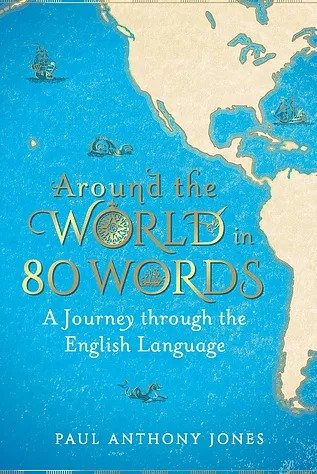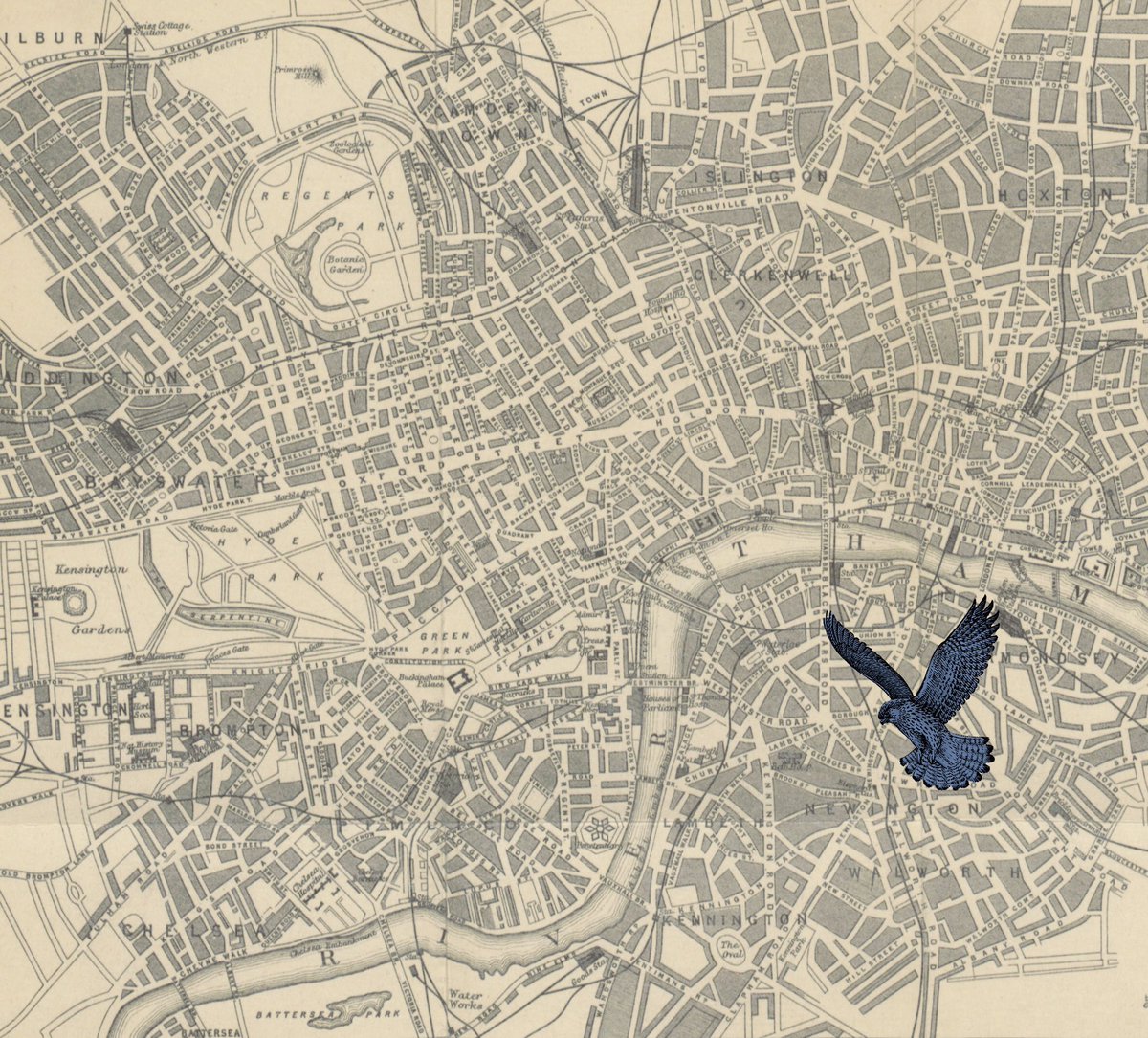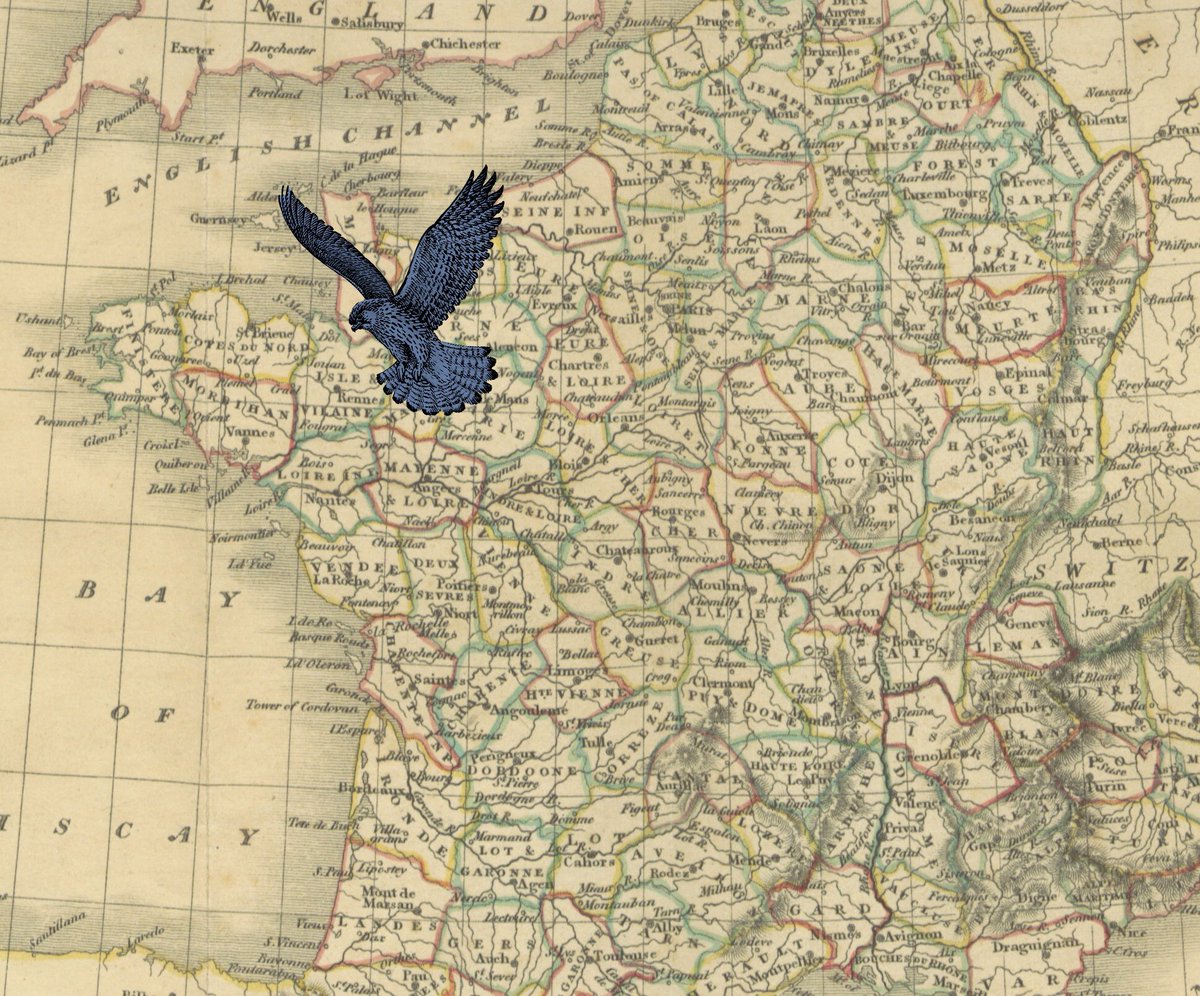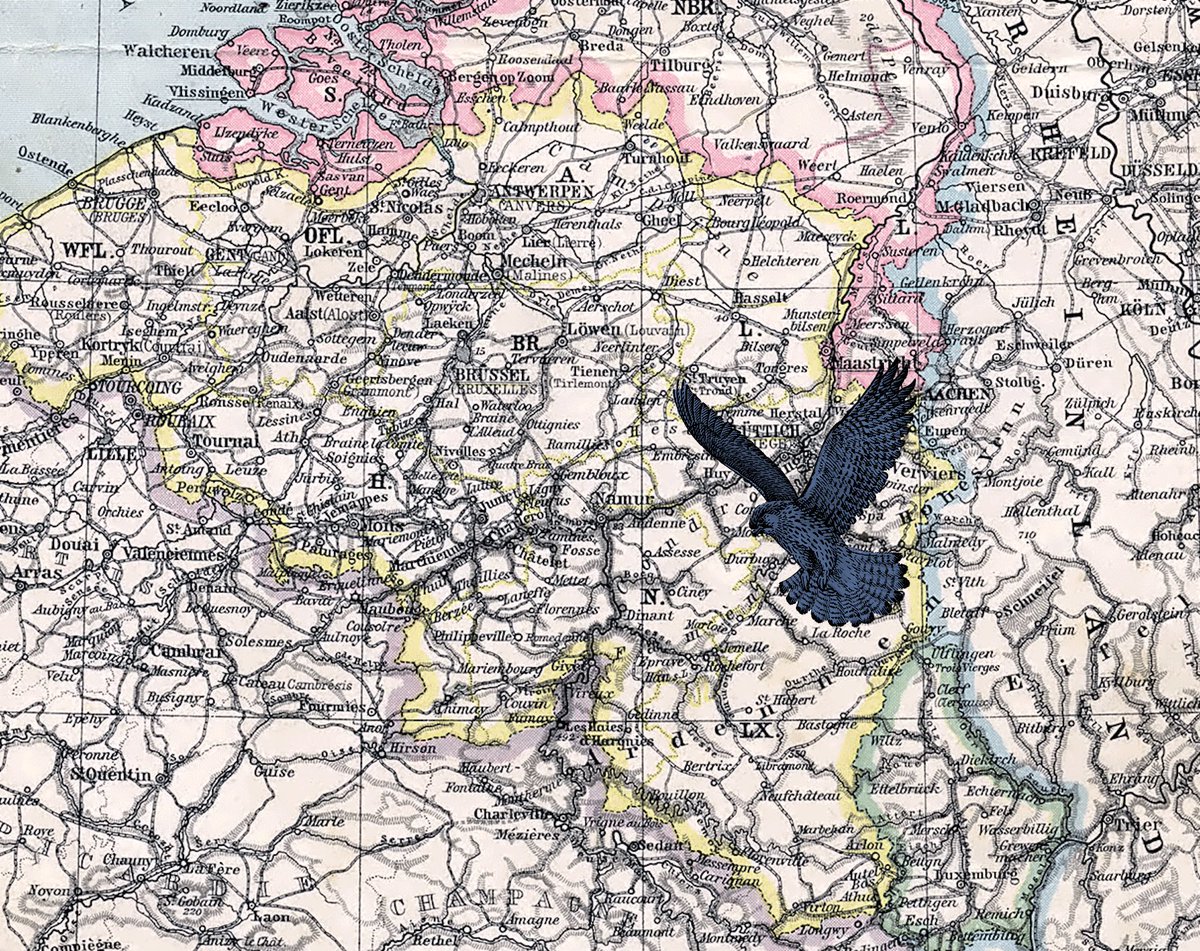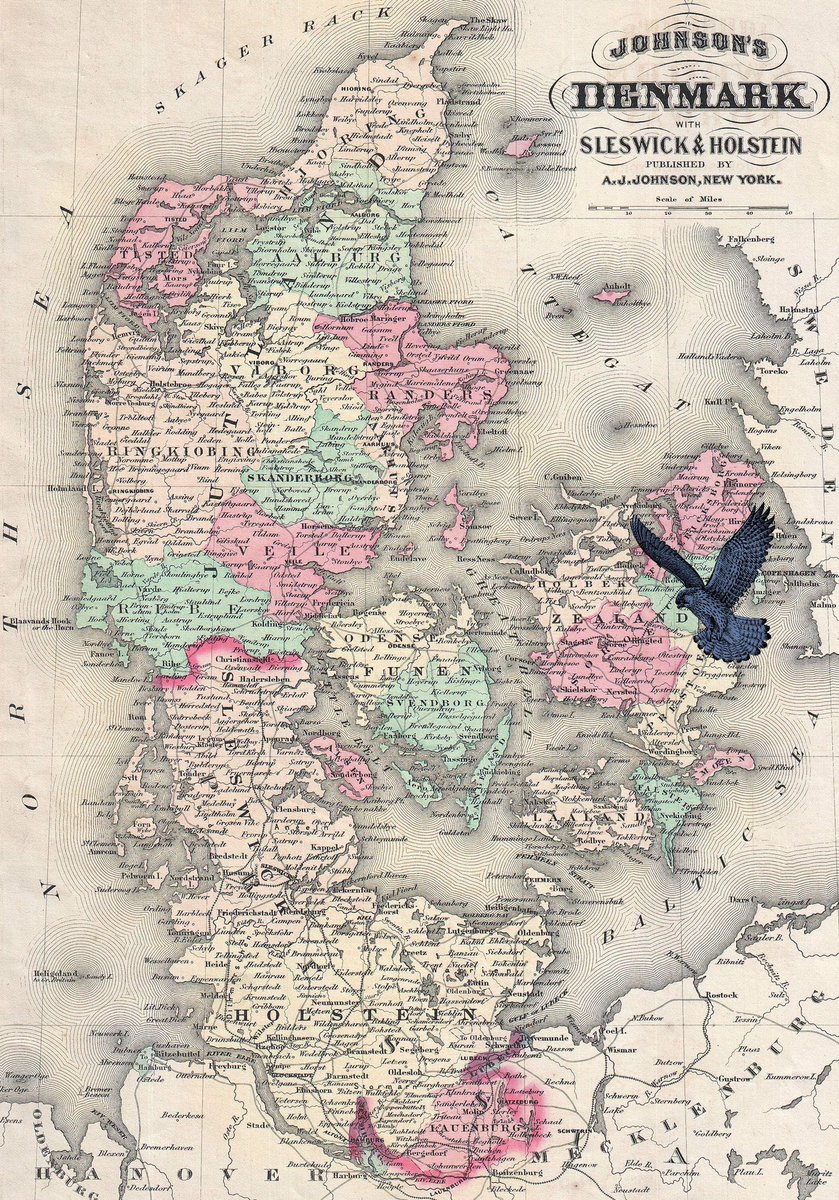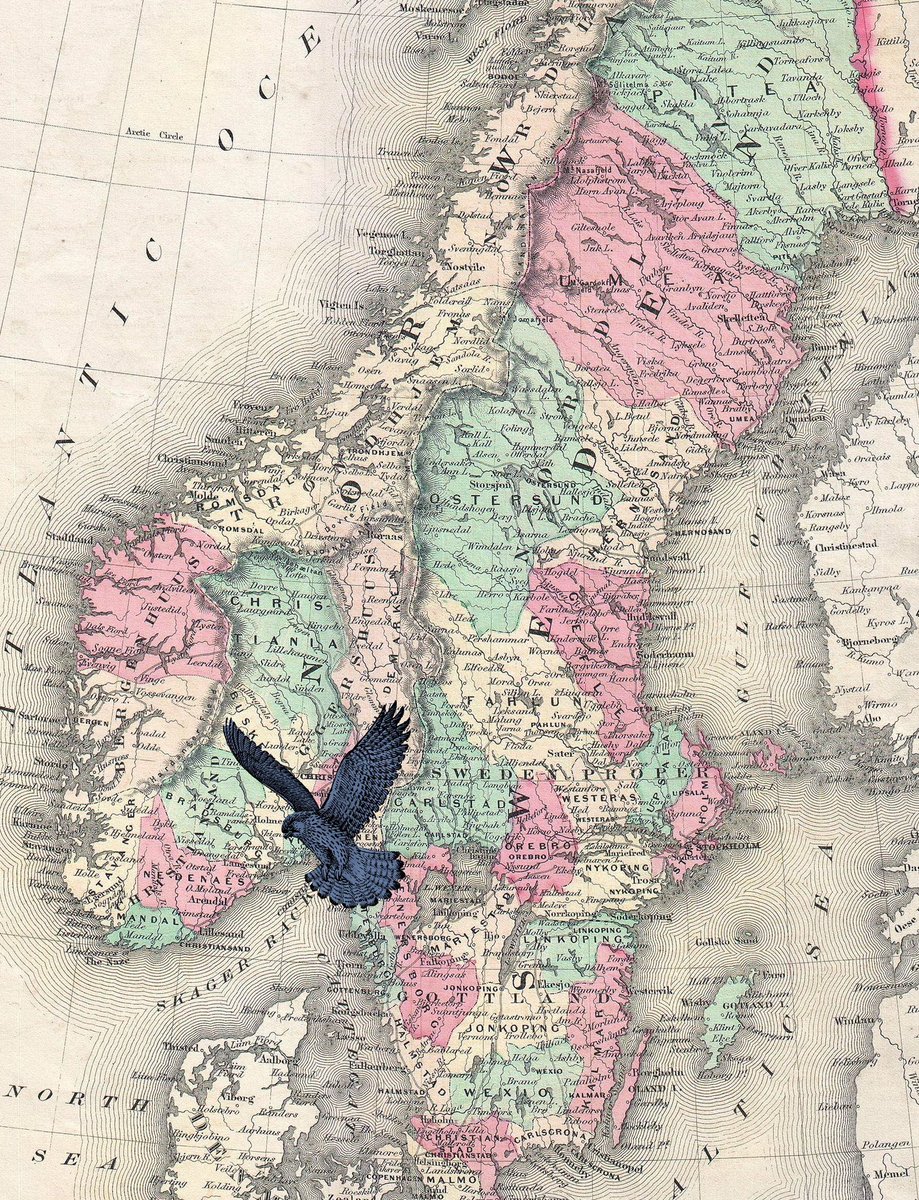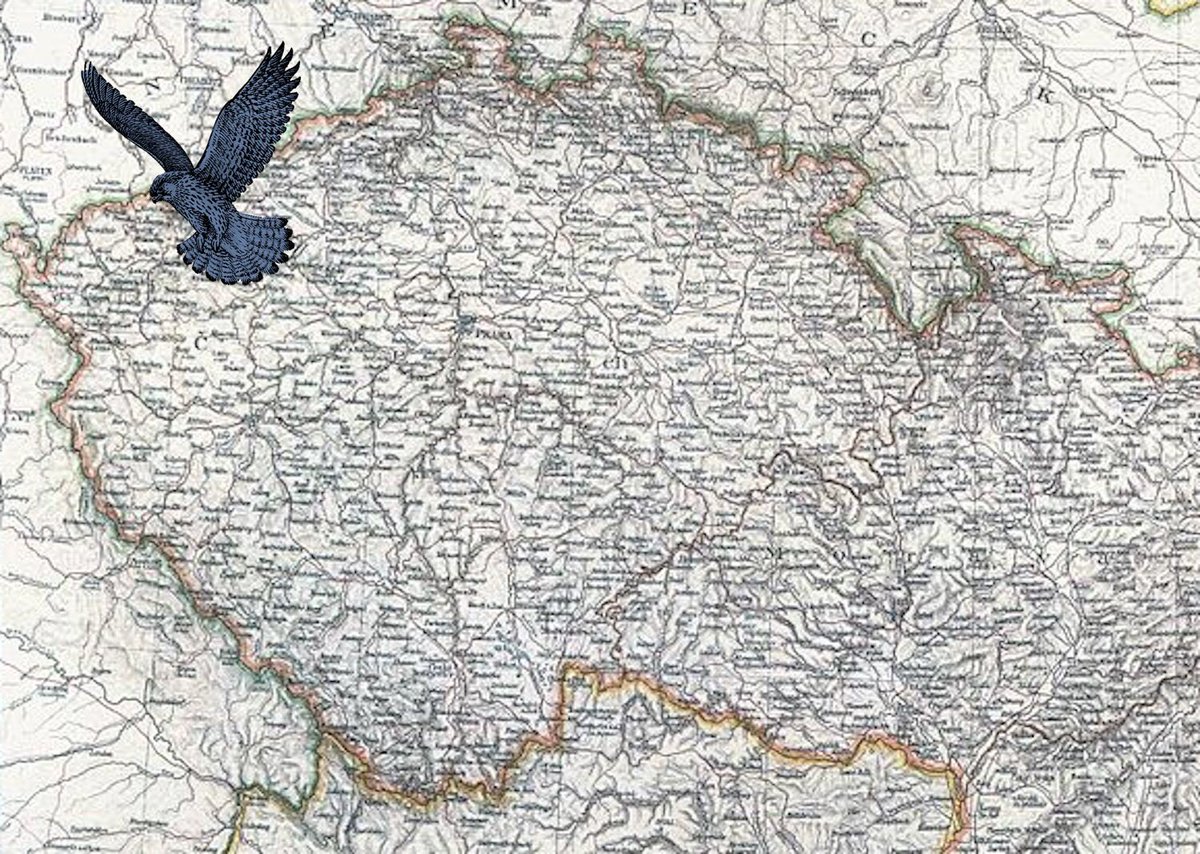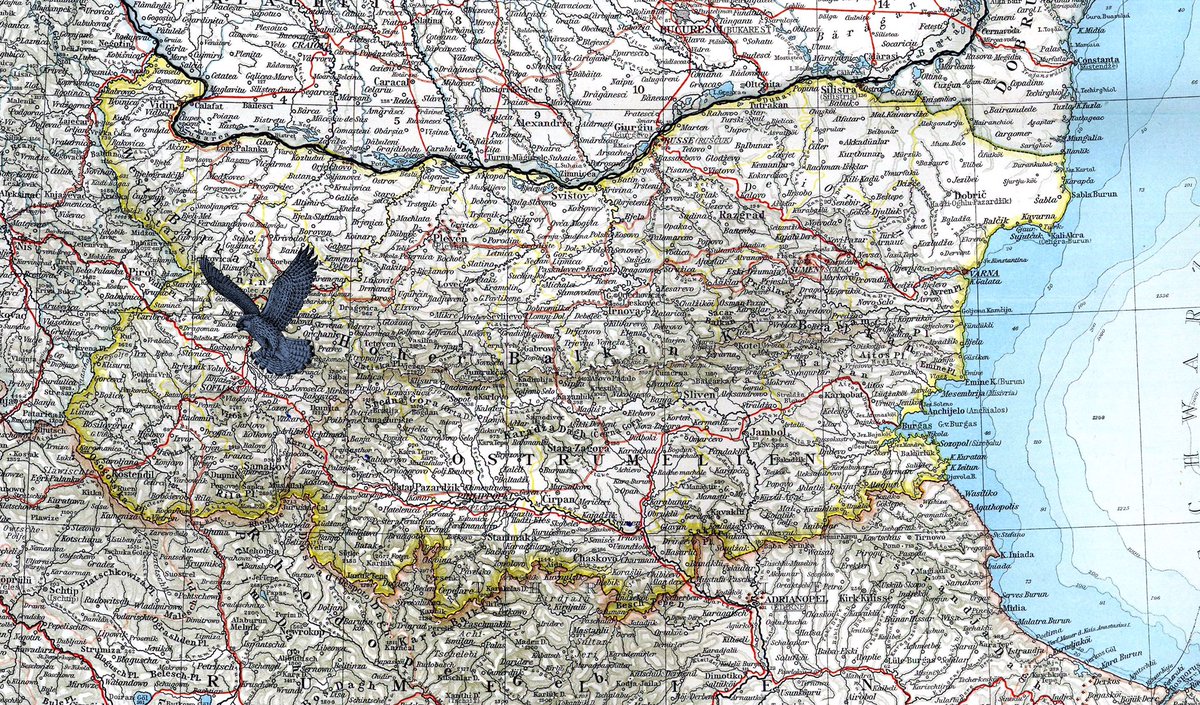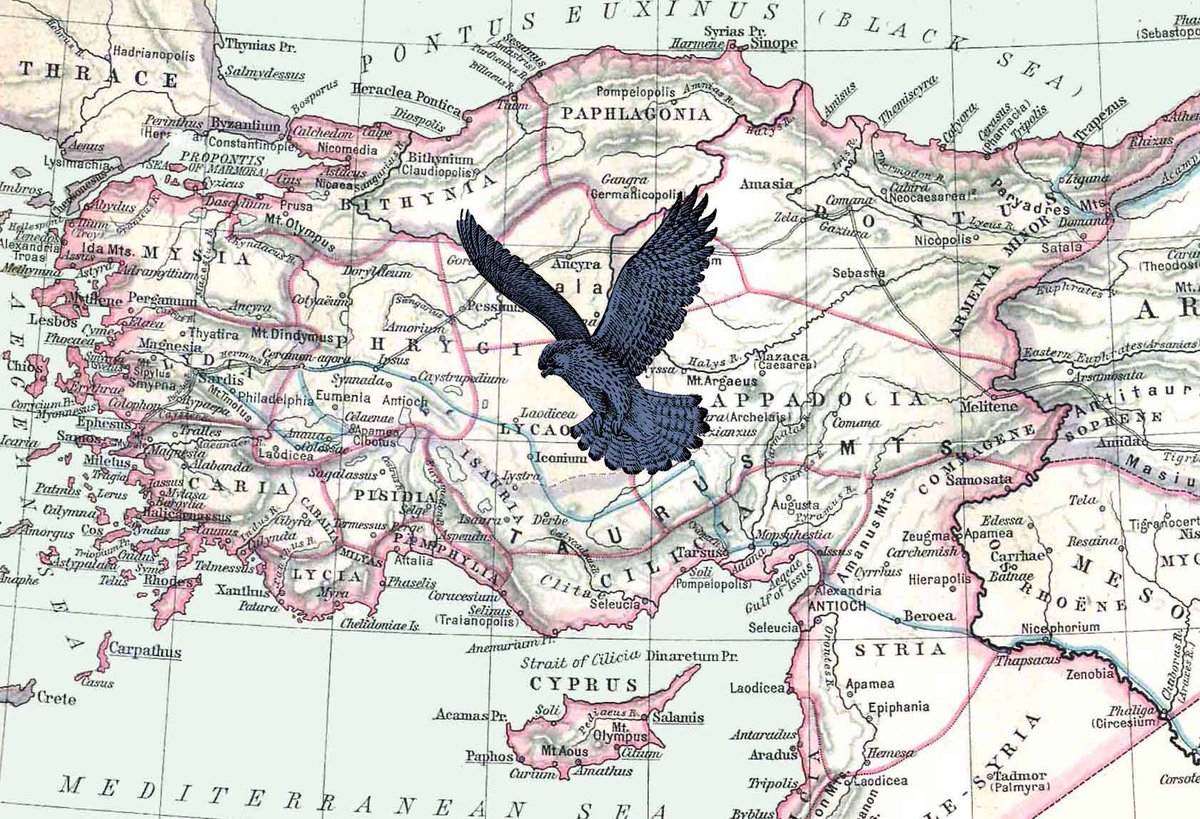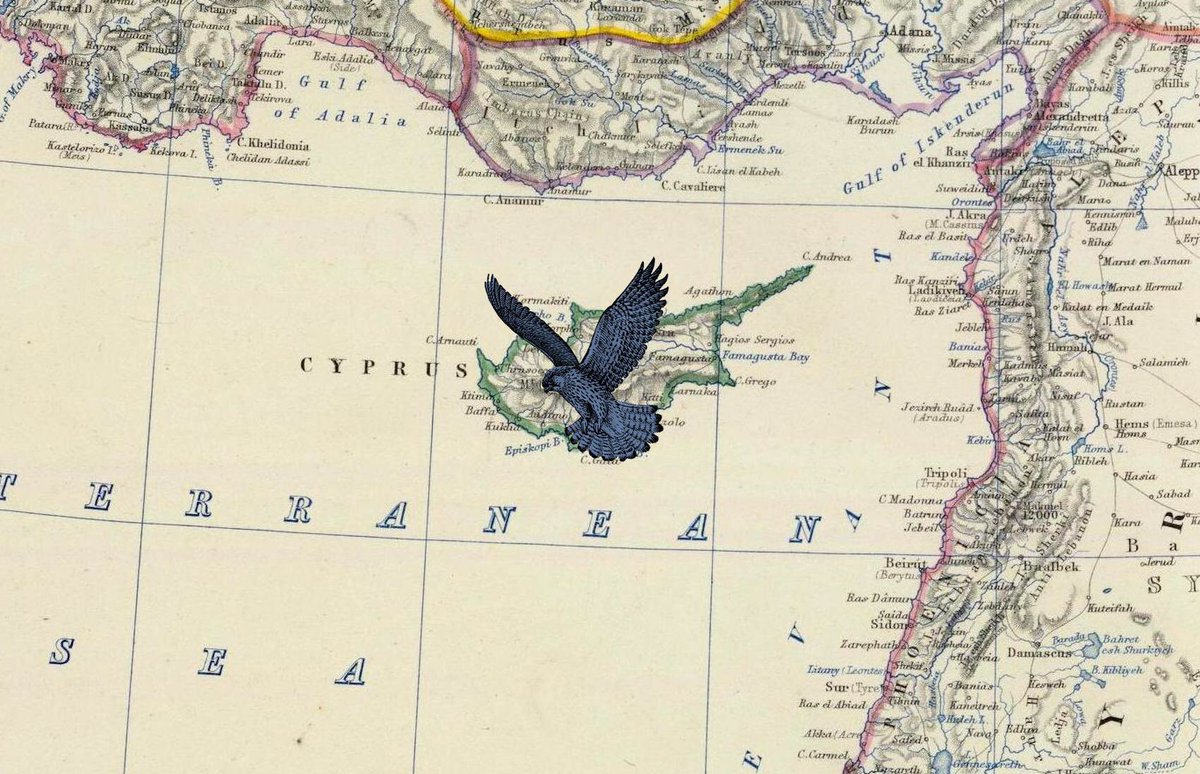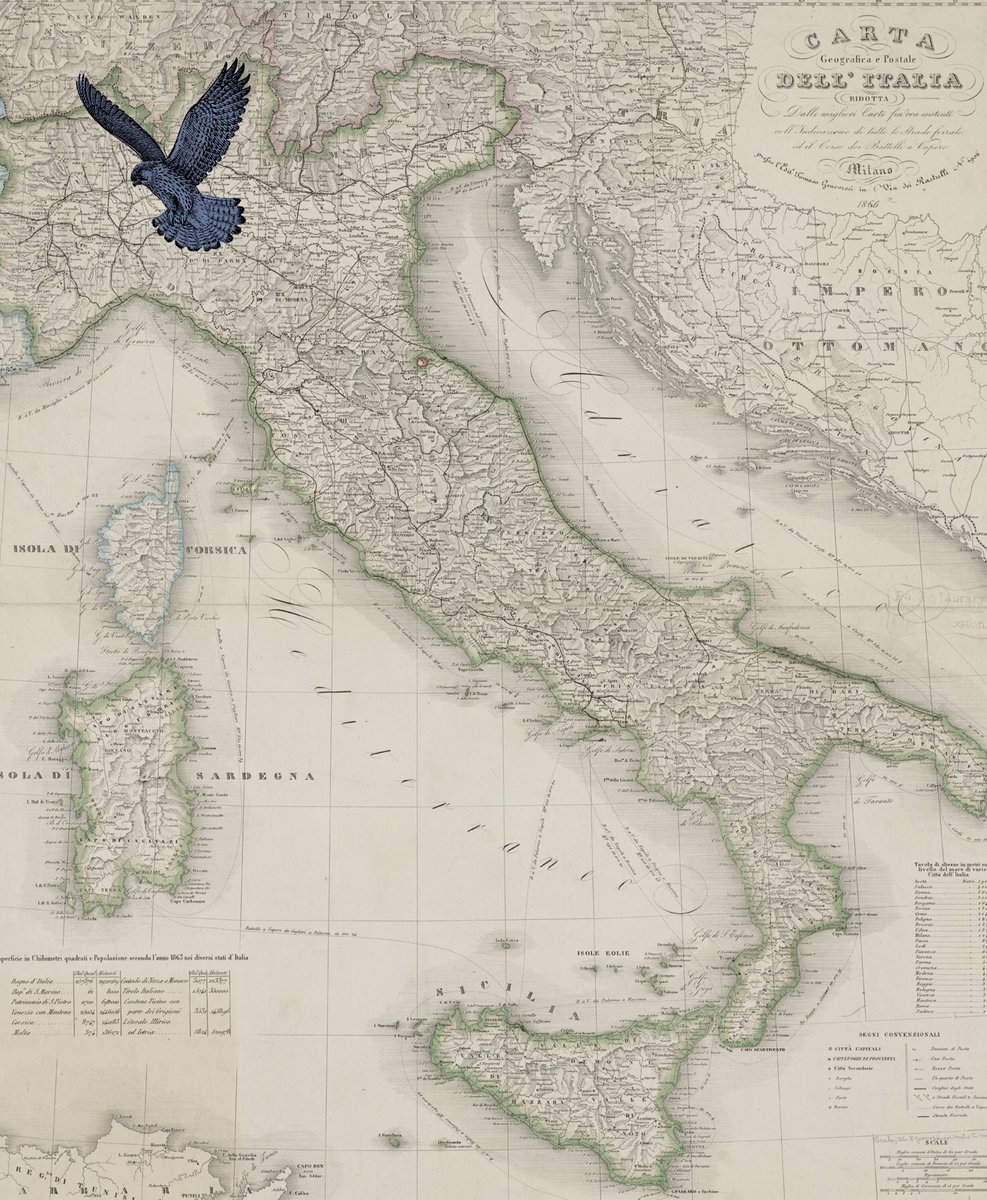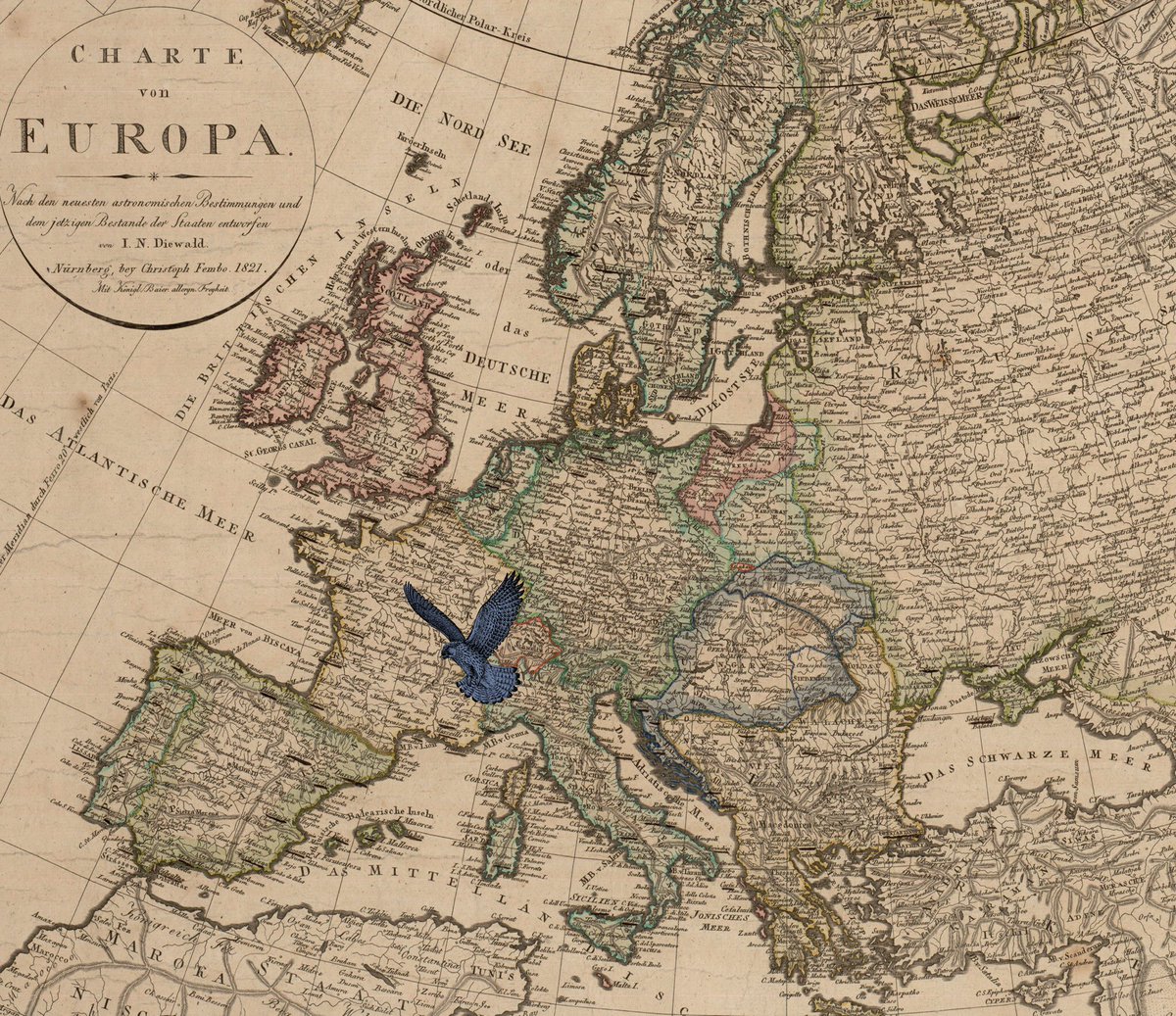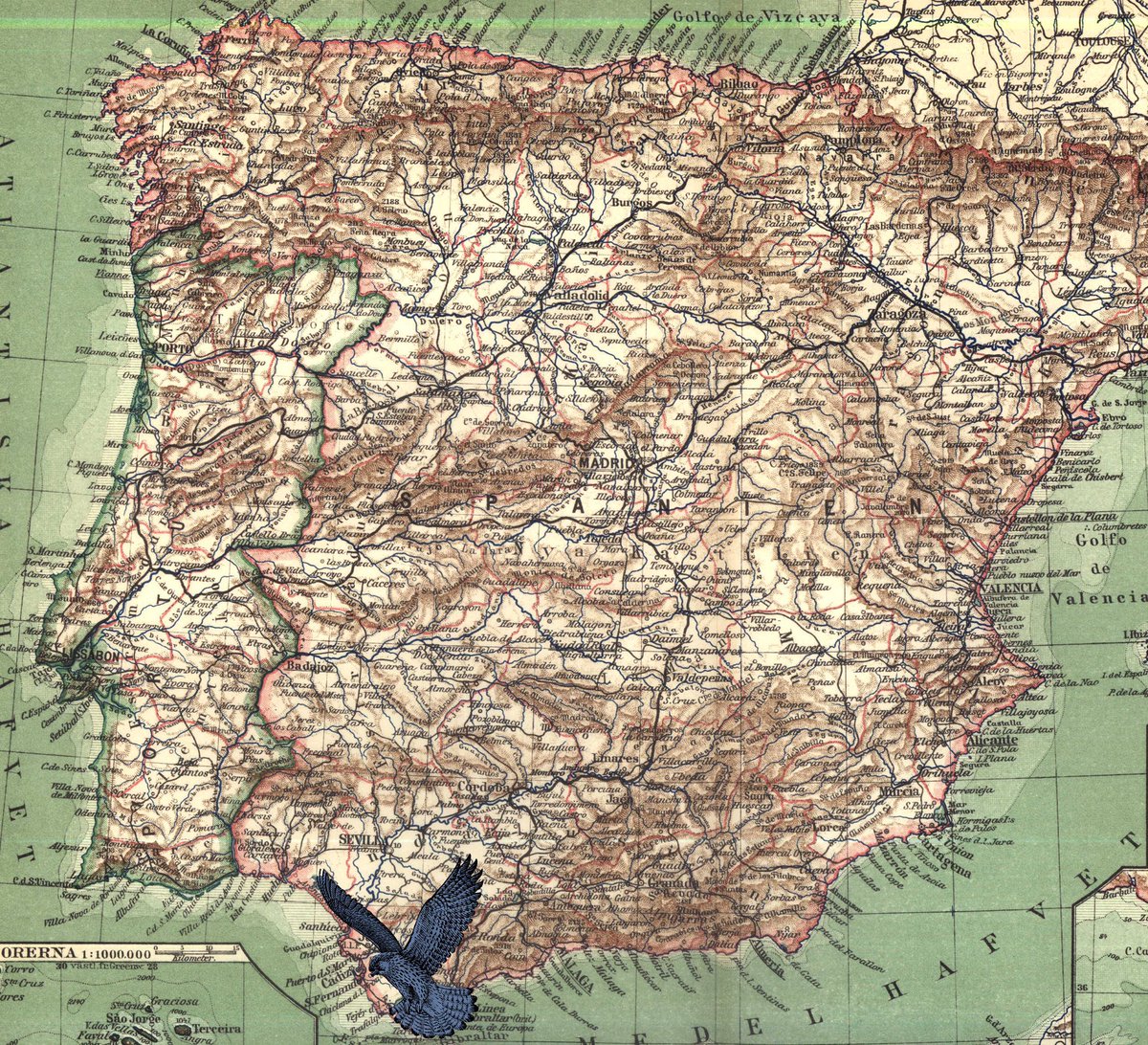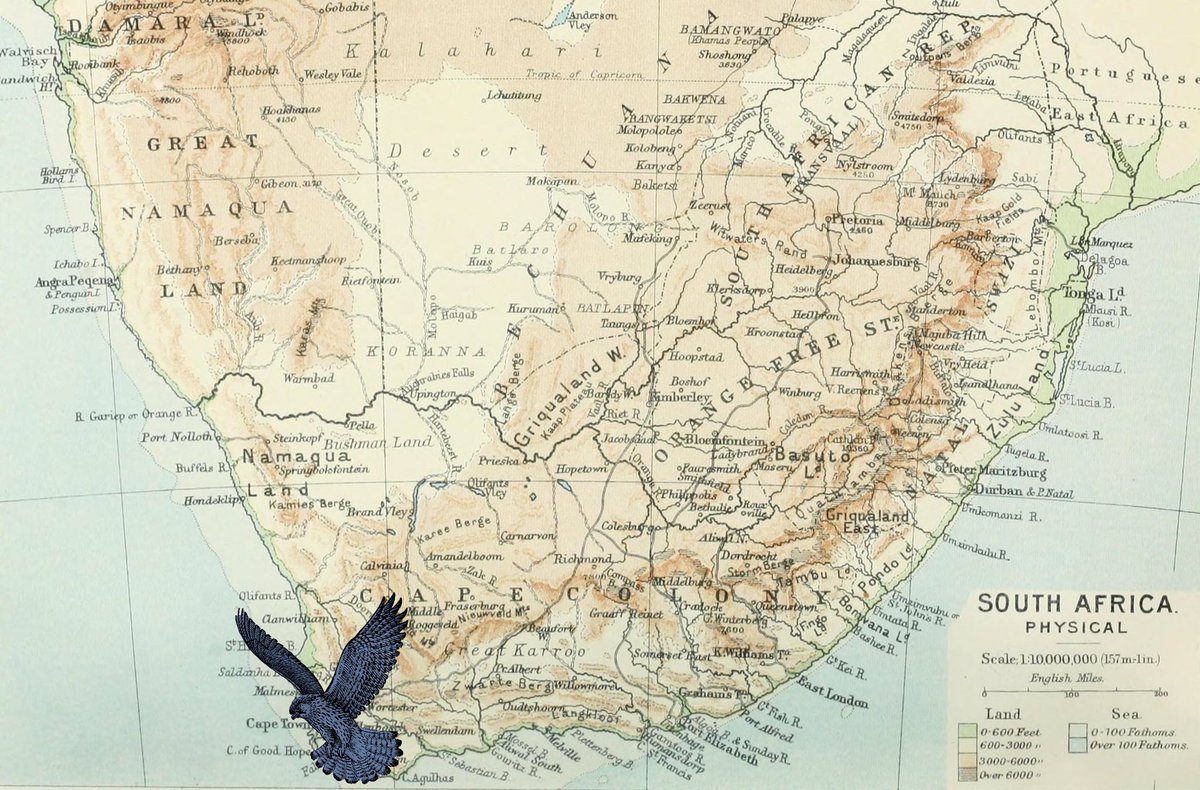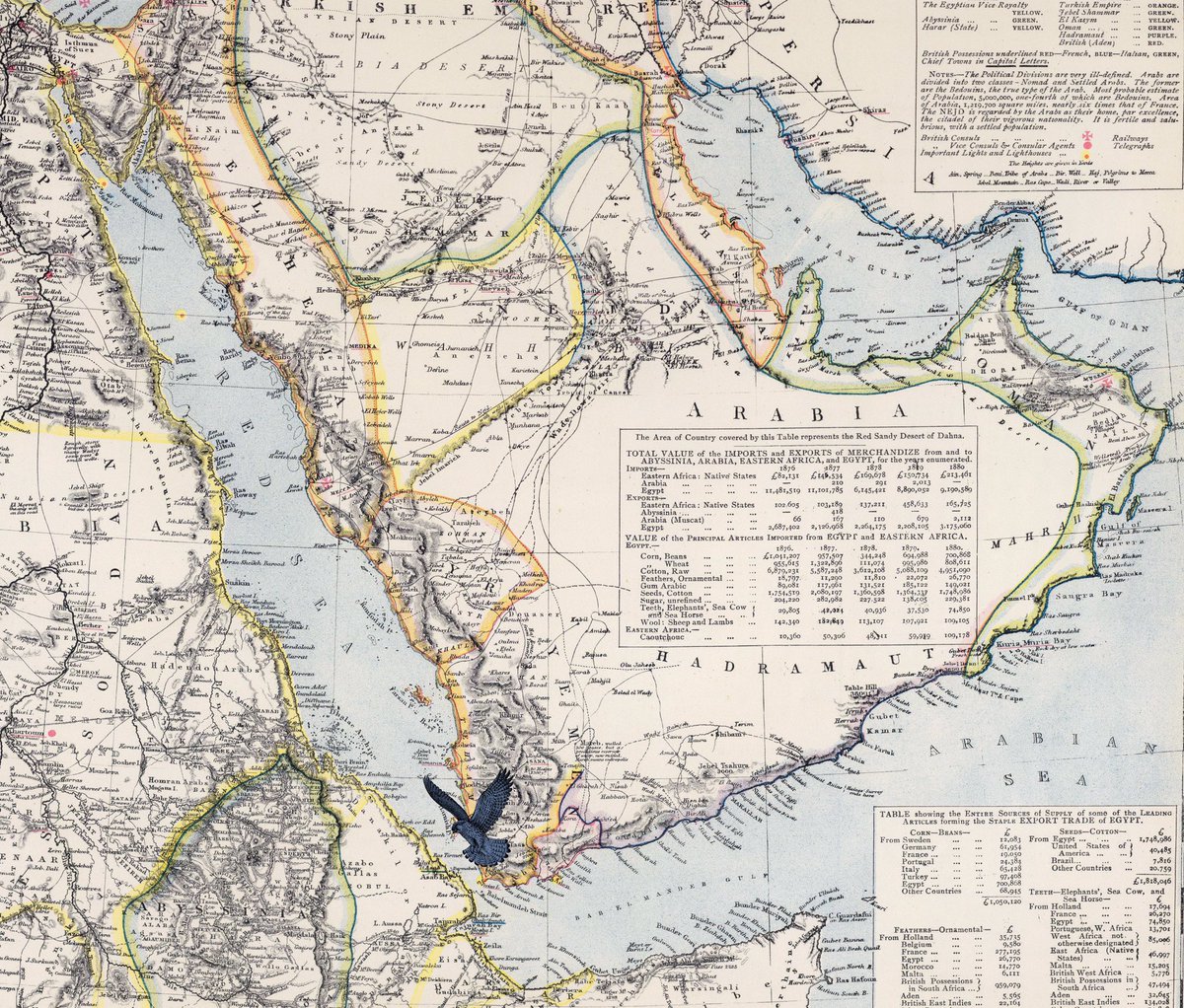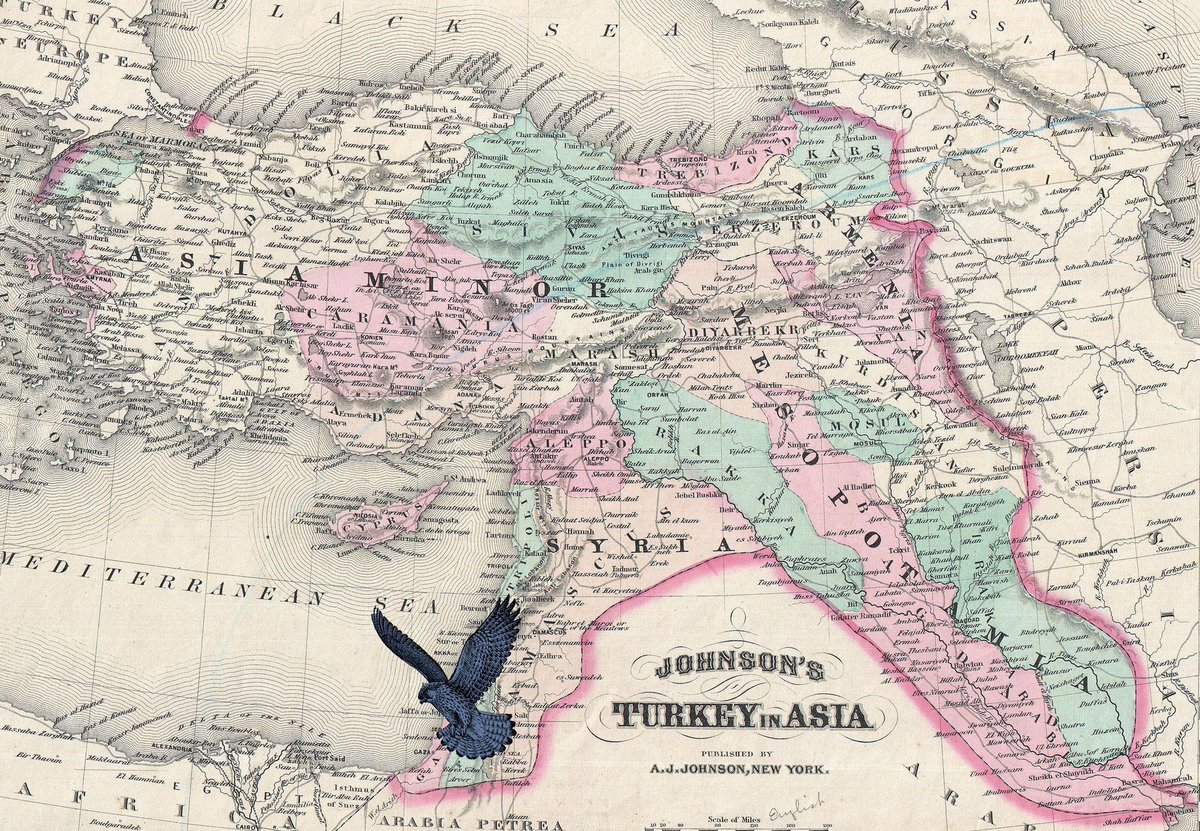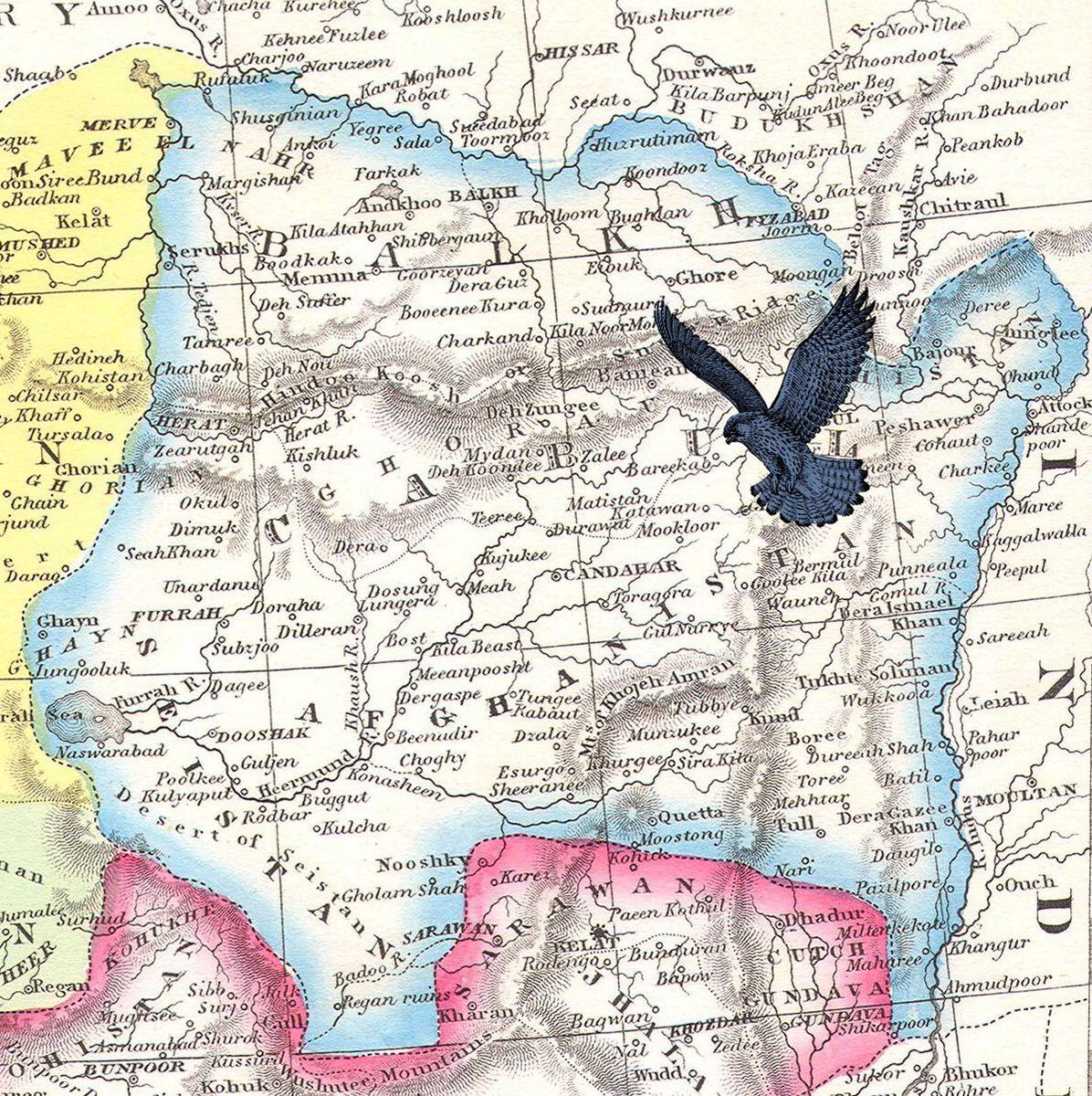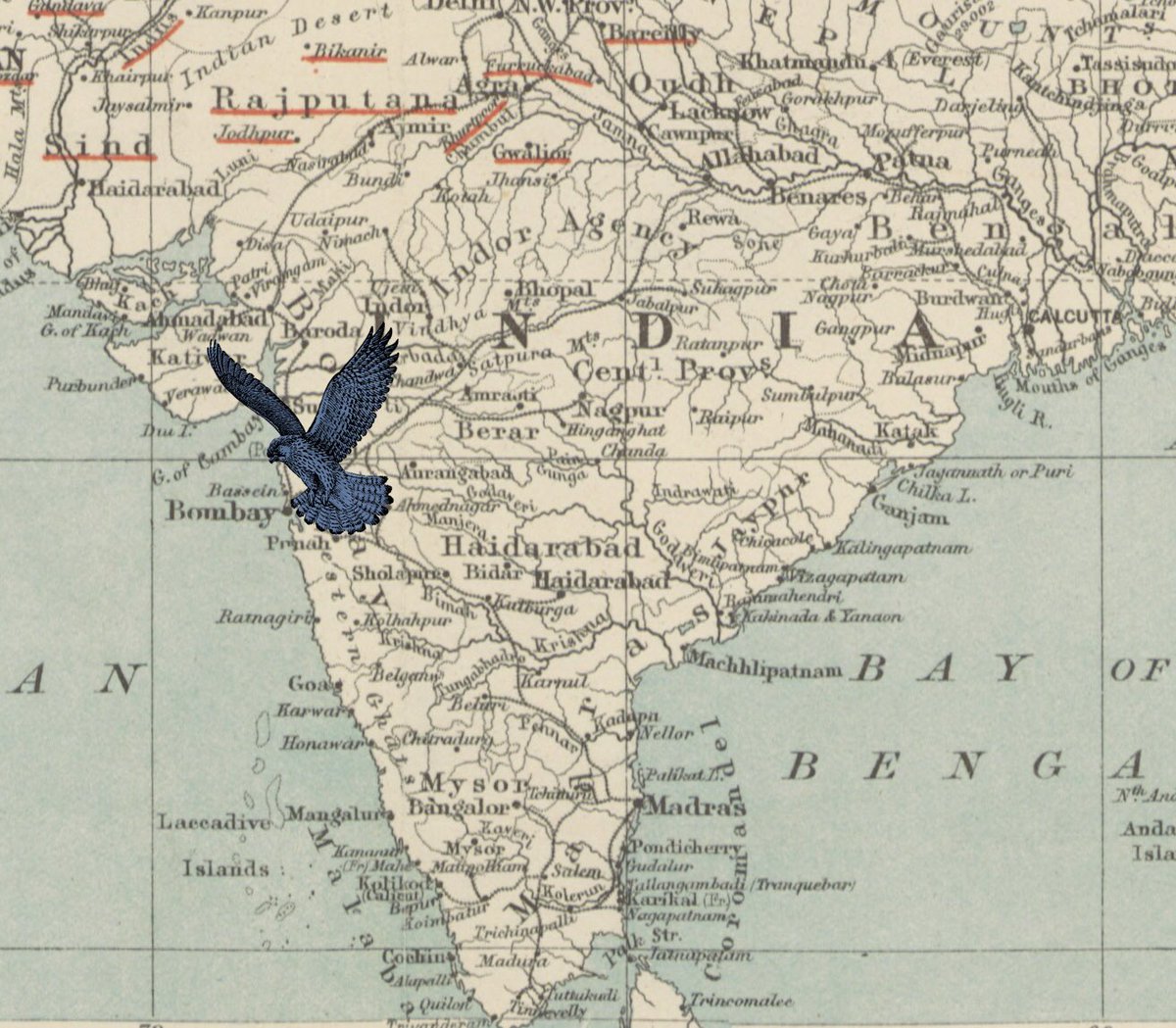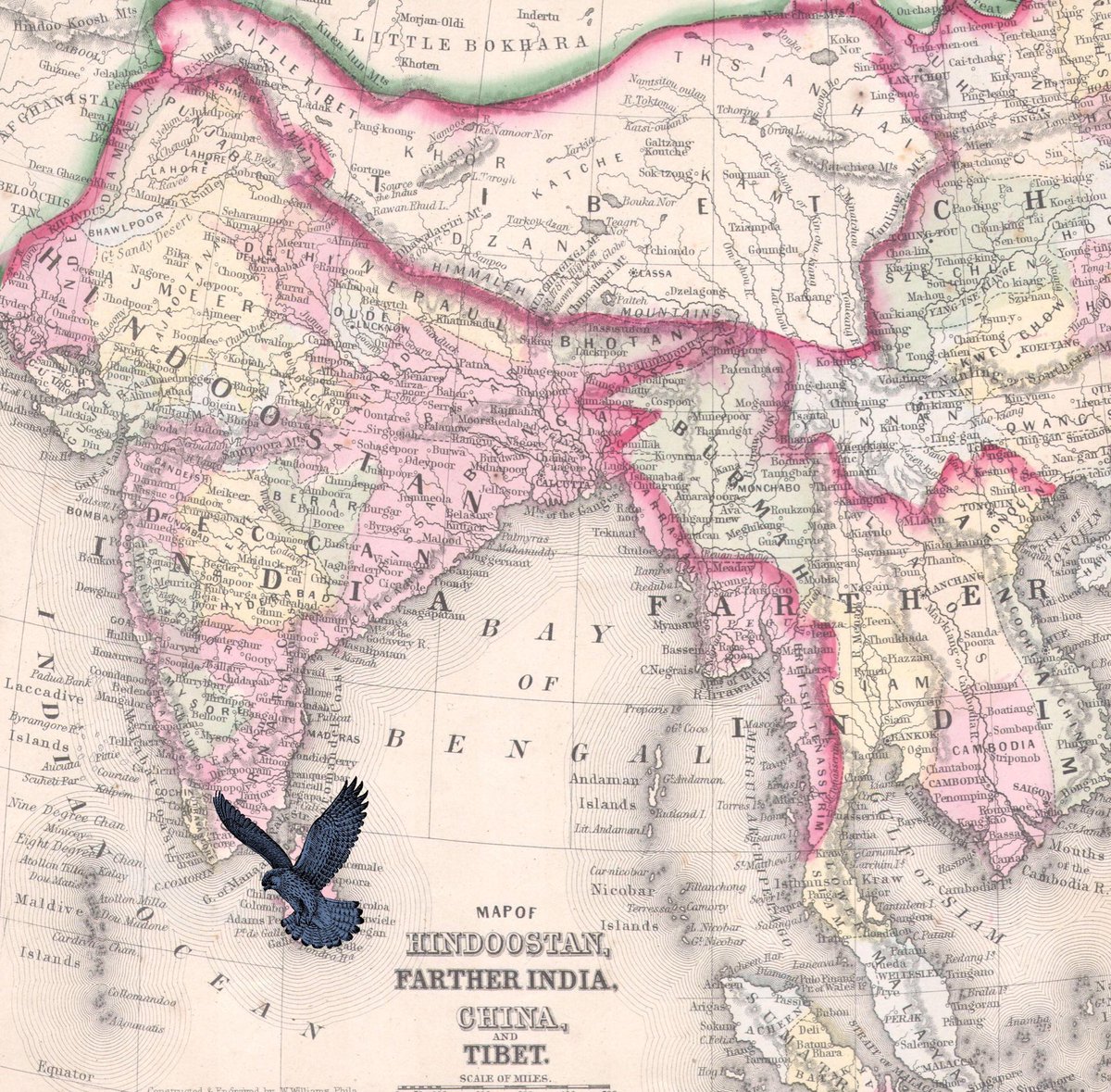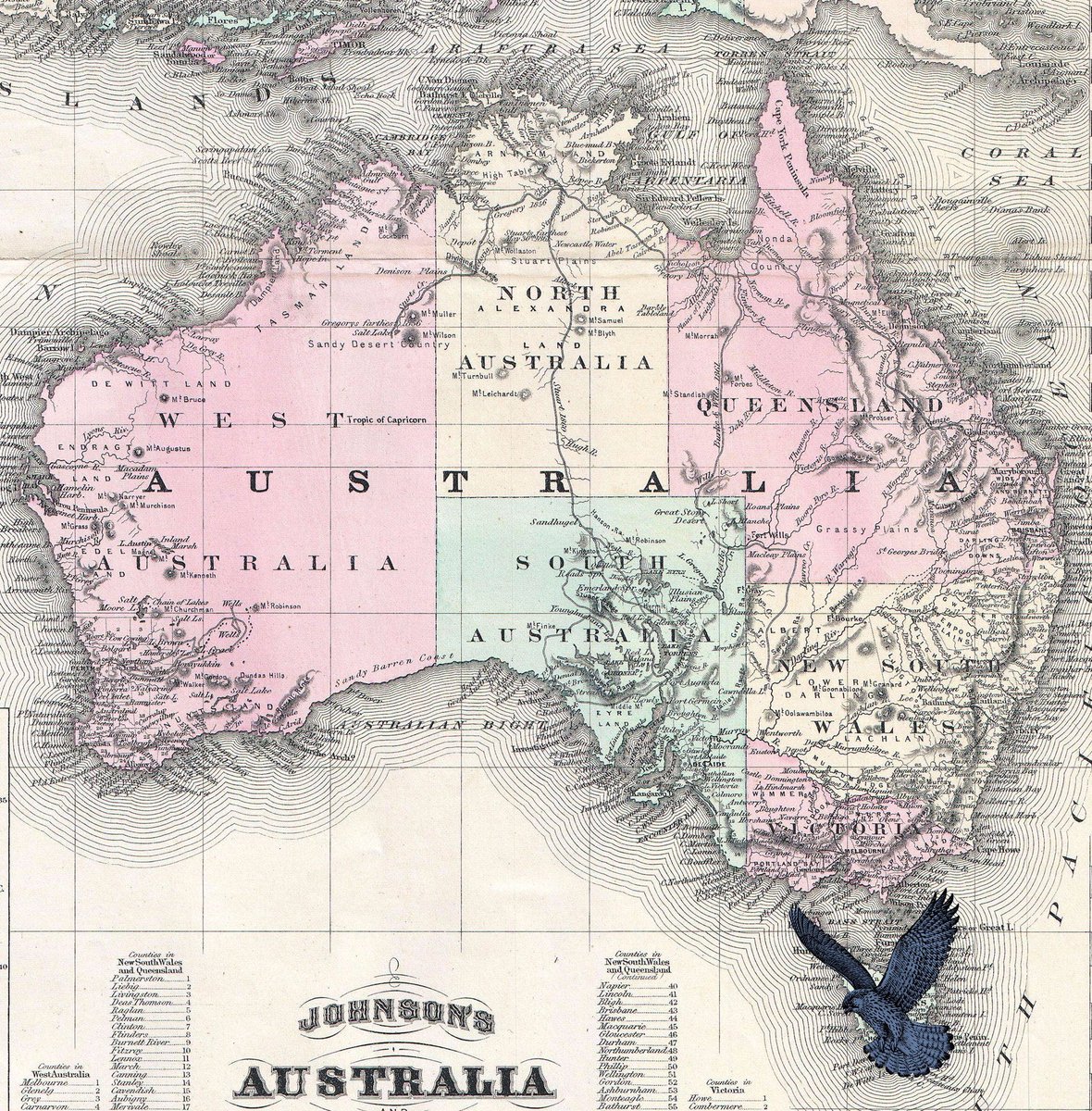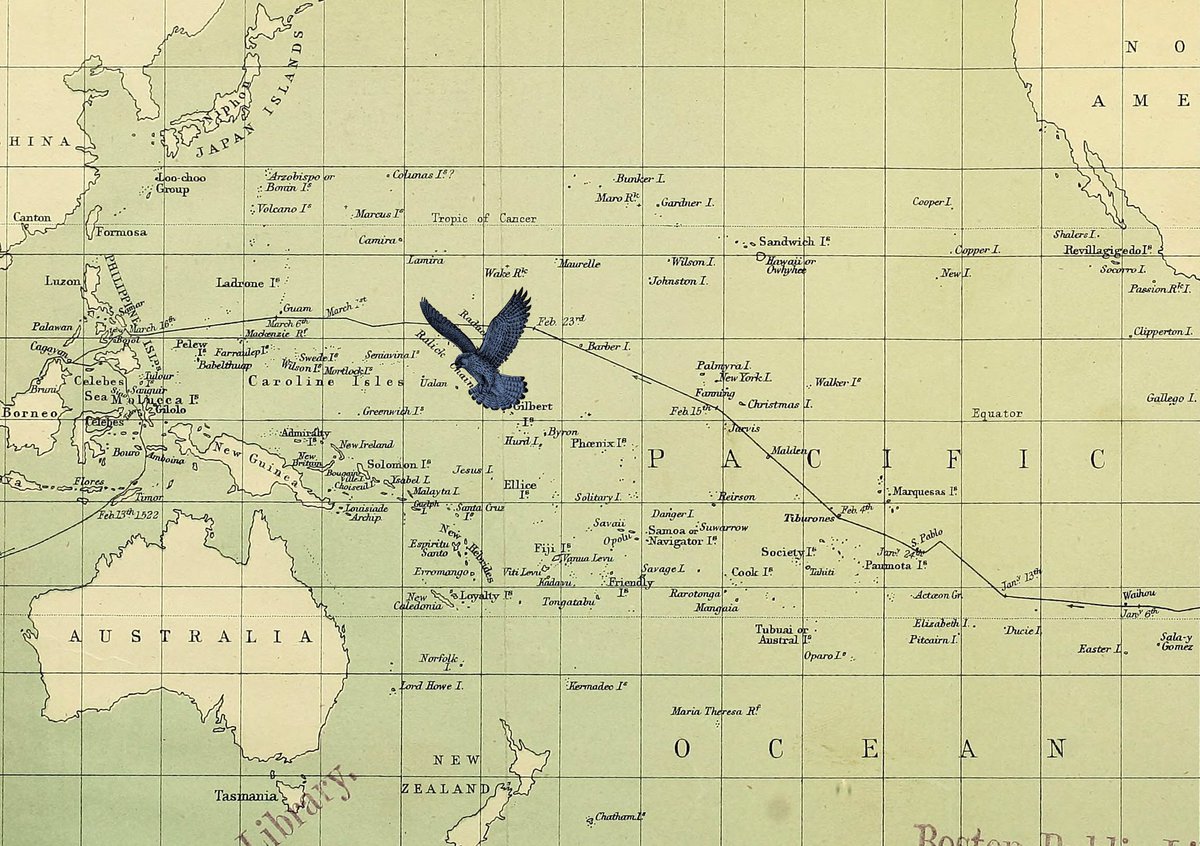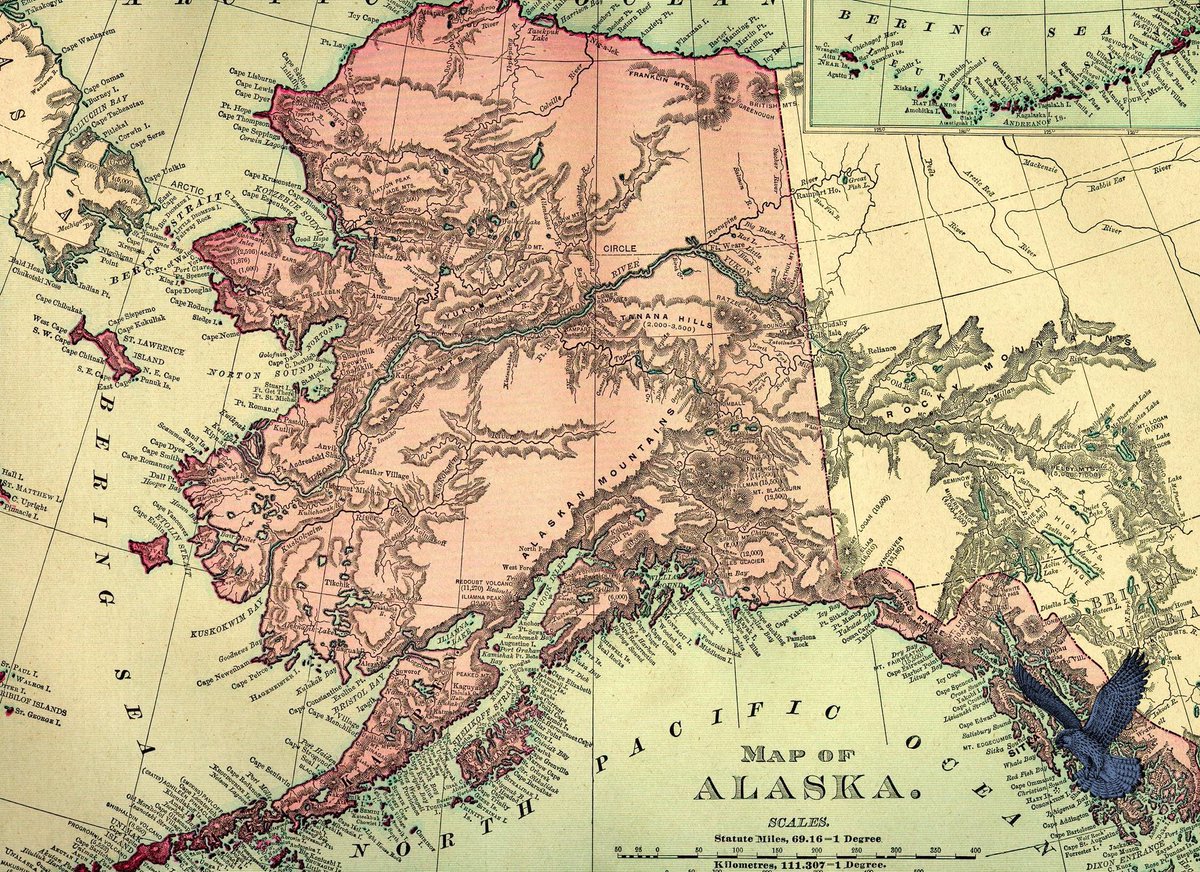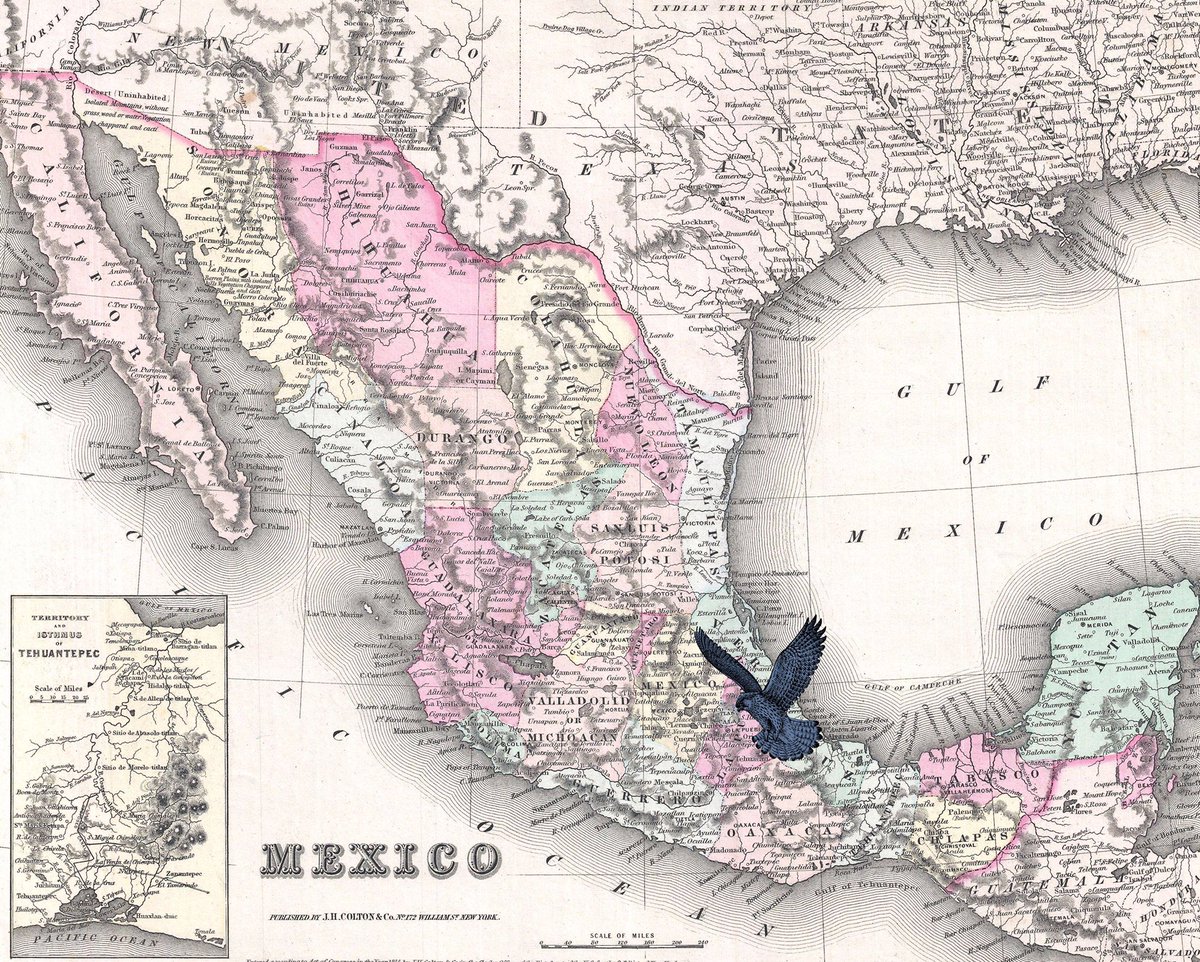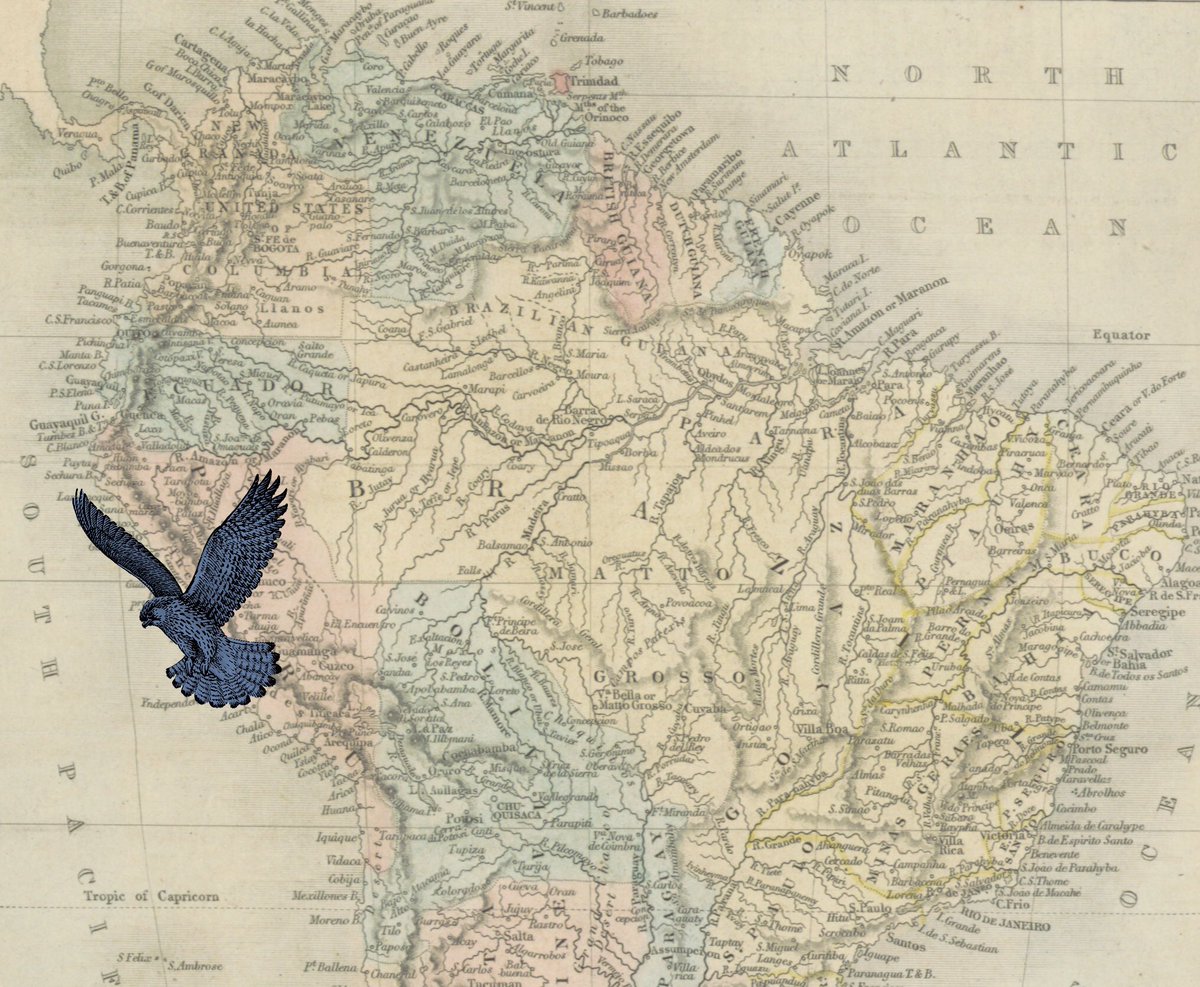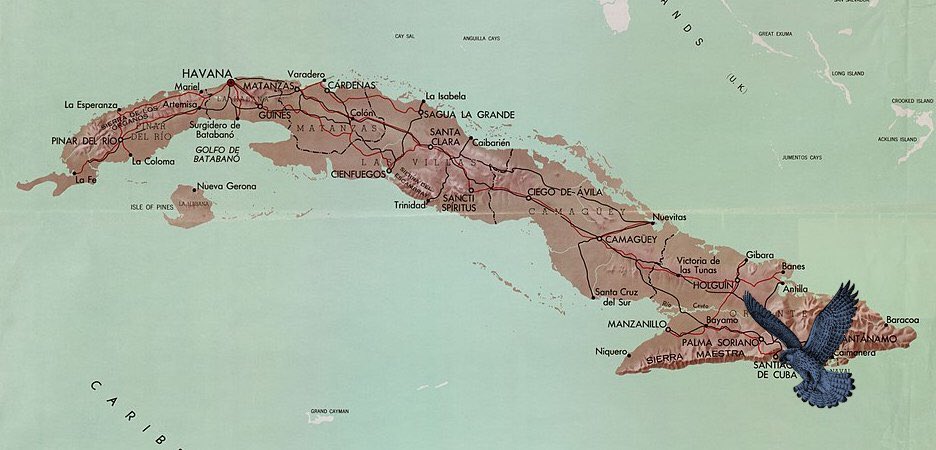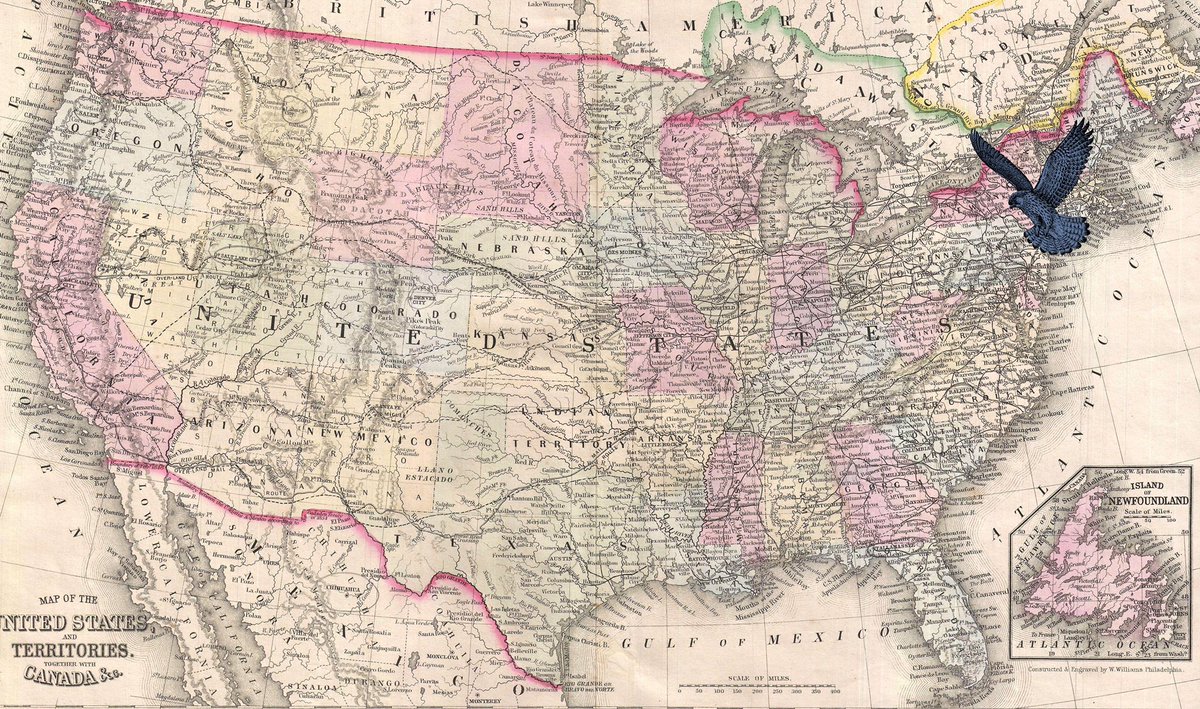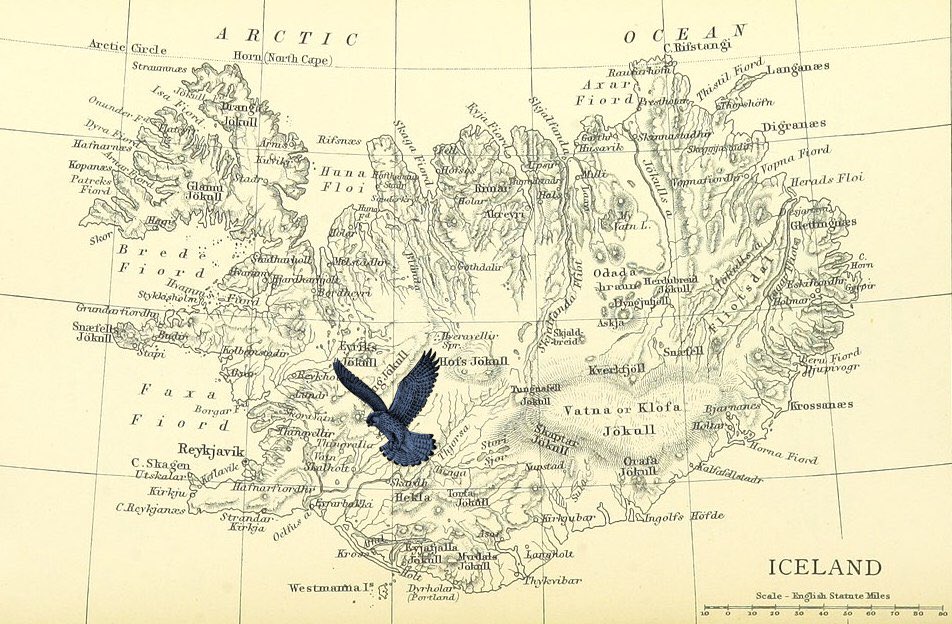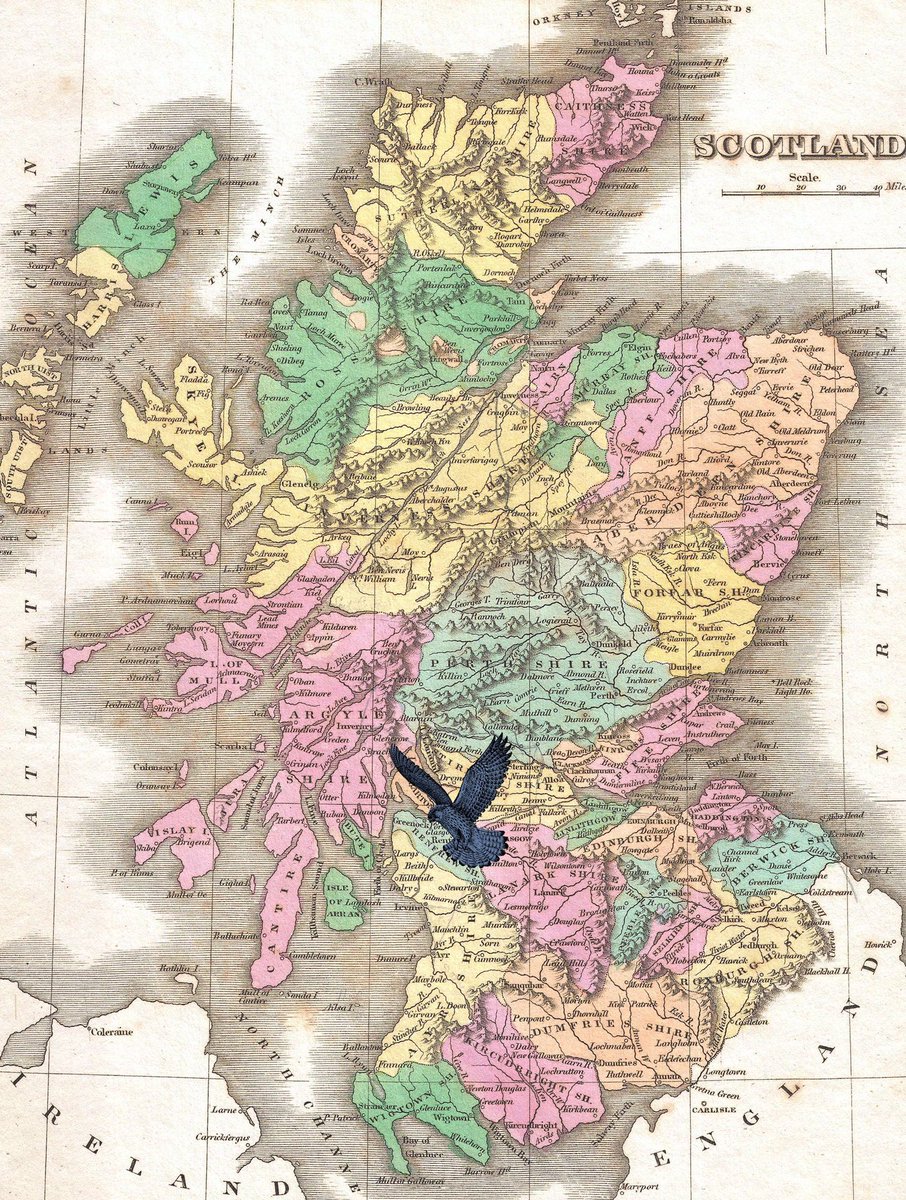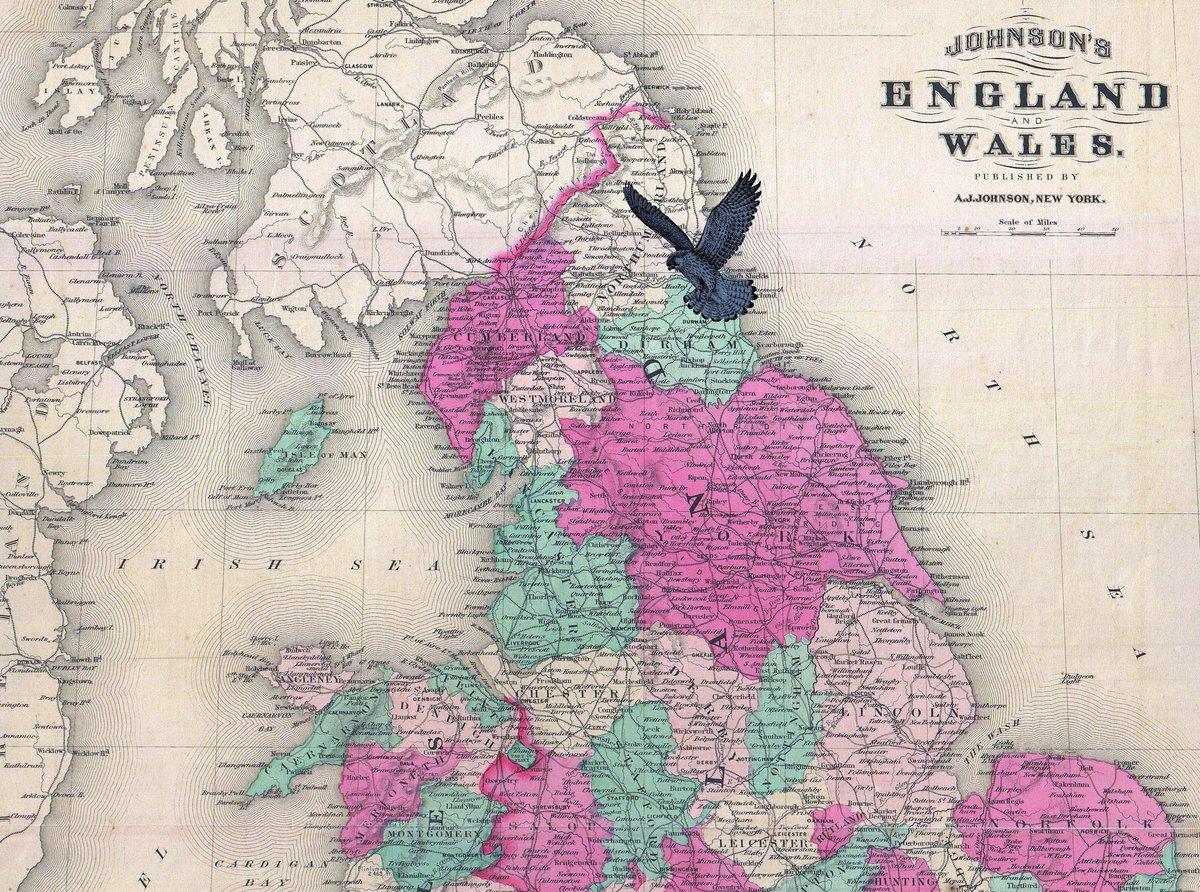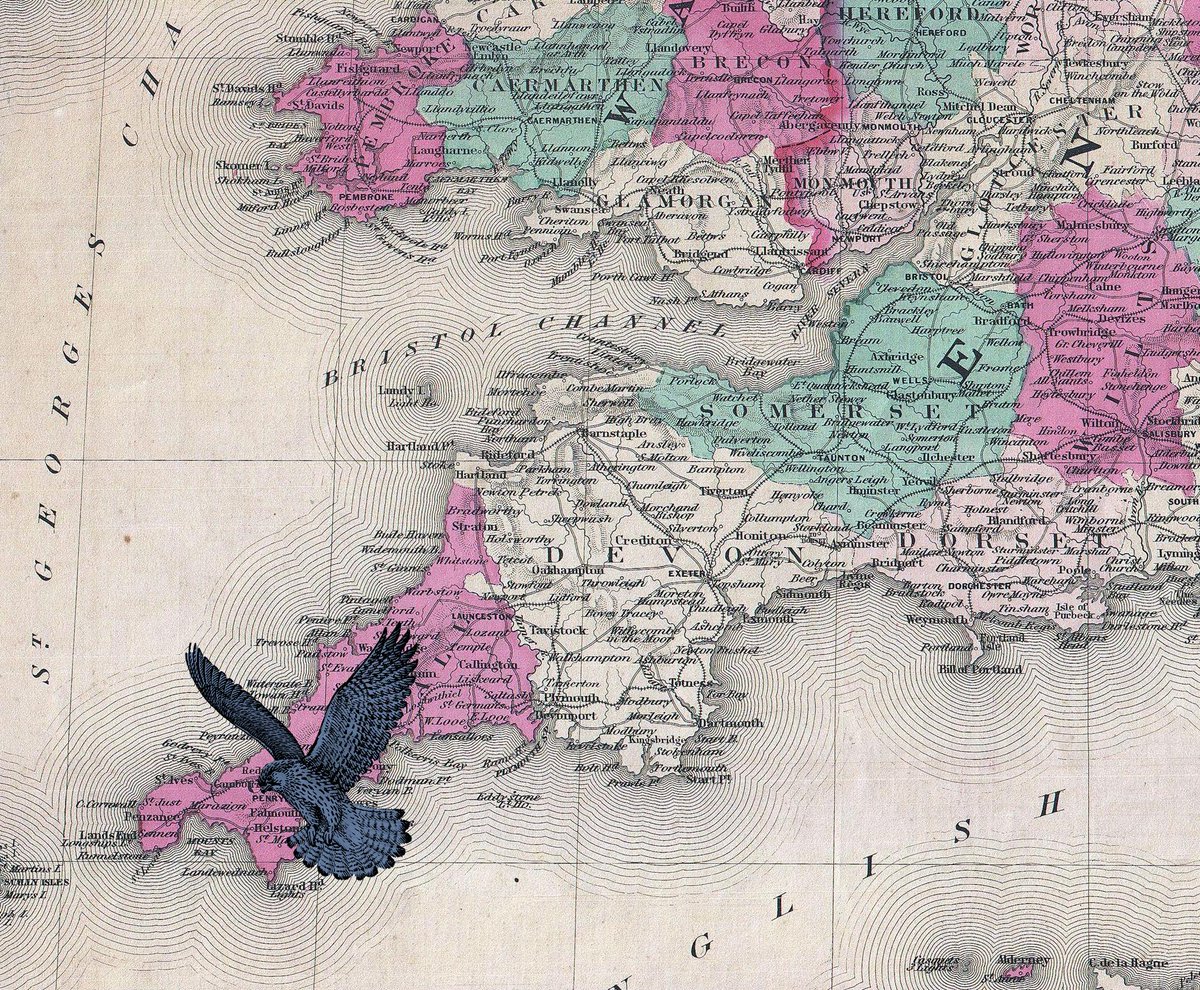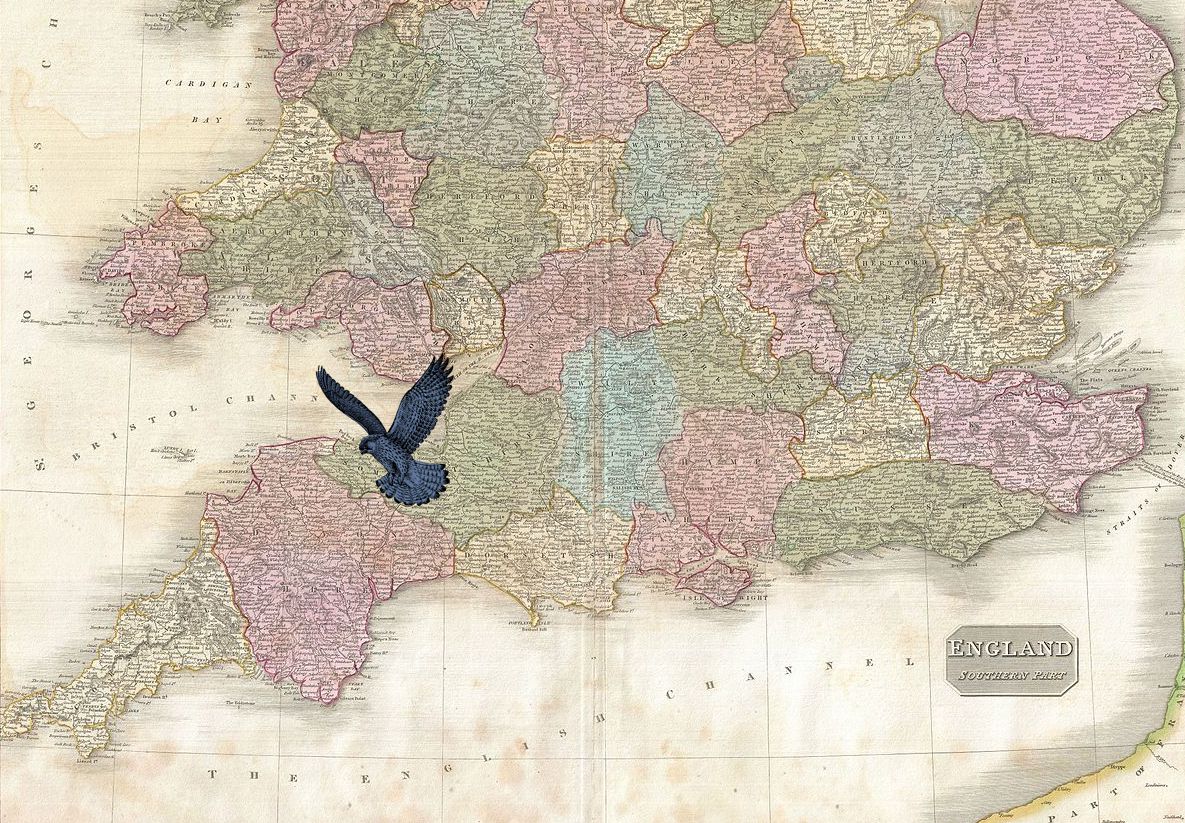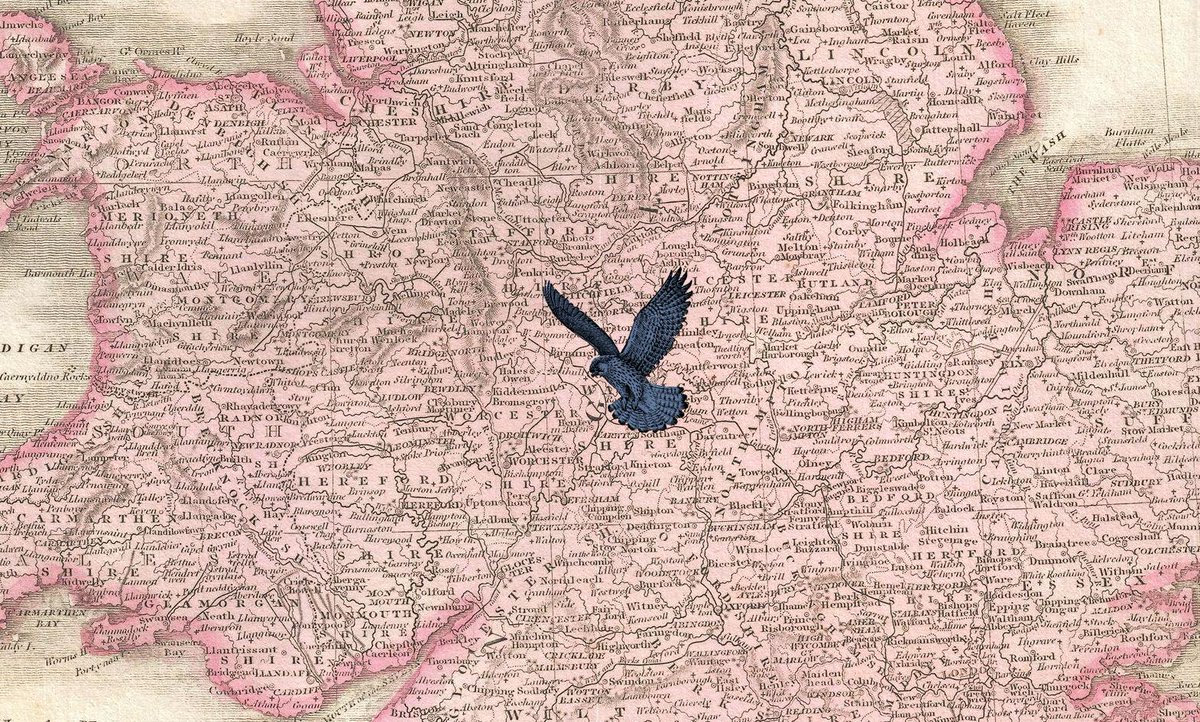The new HH book AROUND THE WORLD IN 80 WORDS is OUT NOW!
https://www.amazon.co.uk/Around-World-80-Words-Language/dp/1783964006
The">https://www.amazon.co.uk/Around-Wo... book tells the stories behind 80 different words and phrases whose origins lie on the world map—so here’s a quick round-the-world thread of some of the etymological tales you’ll find inside...
https://www.amazon.co.uk/Around-World-80-Words-Language/dp/1783964006
The">https://www.amazon.co.uk/Around-Wo... book tells the stories behind 80 different words and phrases whose origins lie on the world map—so here’s a quick round-the-world thread of some of the etymological tales you’ll find inside...
We set off from London—where, in 19th century slang, a KENT STREET EJECTMENT was the act of removing the front door of a house. Named after Kent Street in Southwark, this was a ploy used by local landlords to evict tenants who had fallen more than two weeks behind in their rent.
The word VAUDEVILLE derives from a 17th century anthology of bawdy poems and songs called ‘Les Chants de Vau-de-Vire’—or ‘Songs of the Vire Valley’, in Normandy, France. The songs were allegedly so scandalous that its author sought absolution from the Pope after publication.
All spa resorts are named after the town of Spa in eastern Belgium, which has been known for its healing mineral waters since the early 14th century.
Despite its name, the GREAT DANE originated in Germany and was originally called the ‘German boarhound’.
An OSLO BREAKFAST is a meagre or hastily prepared meal. It was originally the name of a program of children’s school meals introduced in Norway in the 1920s.
The tiny Bohemian town of Joachimstahl—now Jáchymov, Czechia—was once home to a silver mine whose silver was used to mint coins called ‘joachimstahler’. When these coins arrived in America in the 1600s, their name shortened to ‘thaler’—and eventually morphed into the word DOLLAR.
BUGGERY is named after Bulgaria. It originally meant ‘heresy’, and was particularly associated with a band of Bulgarian heretics in the late Middle Ages whose opposition to the Catholic Church saw them accused of all manner of sacrilegious practices.
Turkeys are called TURKEYS because their name was originally a general term for any large edible bird imported into Europe via Turkish trade ports. Before American turkeys began to appear in Europe in the 1600s, a TURKEY could be anything from a peacock to an African guineafowl.
COPPER takes its name from Cyprus: it is a corruption of the Latin ‘Cyprium aes’, meaning ‘Cypriot metal’.
The colour MAGENTA takes its name from the Battle of Magenta in northern Italy, which took place around the same time that magenta dye was invented in 1859.
The JURASSIC period is named after the Jura Mountains that straddle the border between France and Switzerland.
Gibraltar has been besieged so many times in its history that TOASTING THE SIEGE OF GIBRALTAR is an old naval expression used as an excuse for having a drink regardless of the time or day—because chances are there’s an anniversary of at least one Siege of Gibraltar coming up soon
British Army officers whose tactics in the Boer Wars were unsuccessful were often relieved of frontline duty and sent instead to a remote ranch at Stellenbosch, S Africa, to manage the upkeep of the army’s horses.
To STELLENBOSCH someone ultimately is to tactically demote them.
To STELLENBOSCH someone ultimately is to tactically demote them.
Meaning ‘a scene of uproar or mayhem’, BEDLAM is a corruption of ‘Bethlehem’, and alludes to the Hospital of St Mary of Bethlehem, a former mental asylum in central London.
An APPOINTMENT IN SAMARRA is a memento mori, or a reminder of the inevitability of death. It derives from an old Mesopotamian folktale in which a man escapes an encounter with Death in a Baghdad marketplace—only to bump into him again in Samarra, in southeast Iraq.
Coined in the 1940s, the term AFGHANISTANISM refers to the preoccupation of politicians or the press with events overseas, at the expense of resolving or reporting on domestic issues.
The word DOOLALLY, meaning ‘mad’ or ‘deranged’, derives from the town of Deolali in western India. The town was once home to a British army transit camp, where conditions were so squalid that many servicemen went insane while awaiting transport home to England.
SERENDIPITY derives from ‘Serendip’, the Persian name for Sri Lanka. Horace Walpole coined the word in 1754, inspired by an old Persian fairy tale, ‘The Three Princes of Serendip’, about a trio of princes who make a series of chance discoveries on the island.
Tasmania was known as Van Diemen’s Land until 1856. The island became so well known as a penal colony in the 19th century that VANDEMONIANISM became another word for criminally bad behaviour.
BIKINIS are named after the Bikini Atoll in the Marshall Islands, where the US carried out its atomic bomb tests in the 1940s. Designer Louis Réard reportedly used the name because he wanted his new two-piece swimsuit to have the same earth-shattering impact on the fashion world.
During the Gold Rush, the native Tlingit people on Admiralty Island in SE Alaska sold their homemade liquor to local prospectors. Over time, the island’s Tlingit name—Xootsnoowú, or ‘Hoochinoo’—eventually morphed into HOOCH, a slang term for especially strong or illicit alcohol.
JALOPY, meaning ‘a worn-out car’, is said to derive from the Mexican city of Xalapa, which was once supposedly a major market for the sale of second hand cars from the United States. JALAPEÑO peppers take their name from the same place.
The opposite of Stockholm Syndrome is LIMA SYNDROME, in which hostage-takers become sympathetic to their hostages. In 1996, insurgents stormed the Japanese embassy in Lima, Peru, and took 600 people captive—but released more than half of them on the first night of the siege.
The DAIQUIRI cocktail is named after Daiquirí in southern Cuba. According to legend, it was invented in 1896 by a US engineer named Jennings Cox, who, unwilling to serve the local rum to his guests straight, mixed it with sugar and lime juice to soften its taste.
TUXEDO dinner jackets are named after Tuxedo Park country club in New York, where that style of tailless dress coat was first popularized in the 1880s.
All of the world’s geysers take their name from GEYSIR, a bursting hot water spring in southwest Iceland, which was the first such spring to be described in the English language.
According to legend, when George IV visited Scotland in 1822 a prankster put a fish on top of a local provost’s carriage that was part of the king’s procession. For that reason, a salted herring was known as a GLASGOW MAGISTRATE in 19th century English.
A NEWCASTLE PROGRAM is an unkeepable promise. It alludes to the British Liberal Party, who in 1891 outlined all of their policies at a conference in Newcastle upon Tyne—but found it impossible to implement any of them when they were elected to government the following year.
‘To be like the mayor of Falmouth’ is to celebrate something that in retrospect isn’t worth celebrating. According to folklore, it refers to an unnamed mayor of Falmouth, in Cornwall, who was once overheard proudly celebrating the construction of an enormous new jail in his town.
While working on his poem Xanadu in 1797, Samuel Taylor Coleridge was interrupted by an uninvited visitor from Porlock in Somerset. The visitor so distracted Coleridge that he never completed the poem—and ‘a person from Porlock’ became a term for any ill-timed or uninvited guest.

 Read on Twitter
Read on Twitter